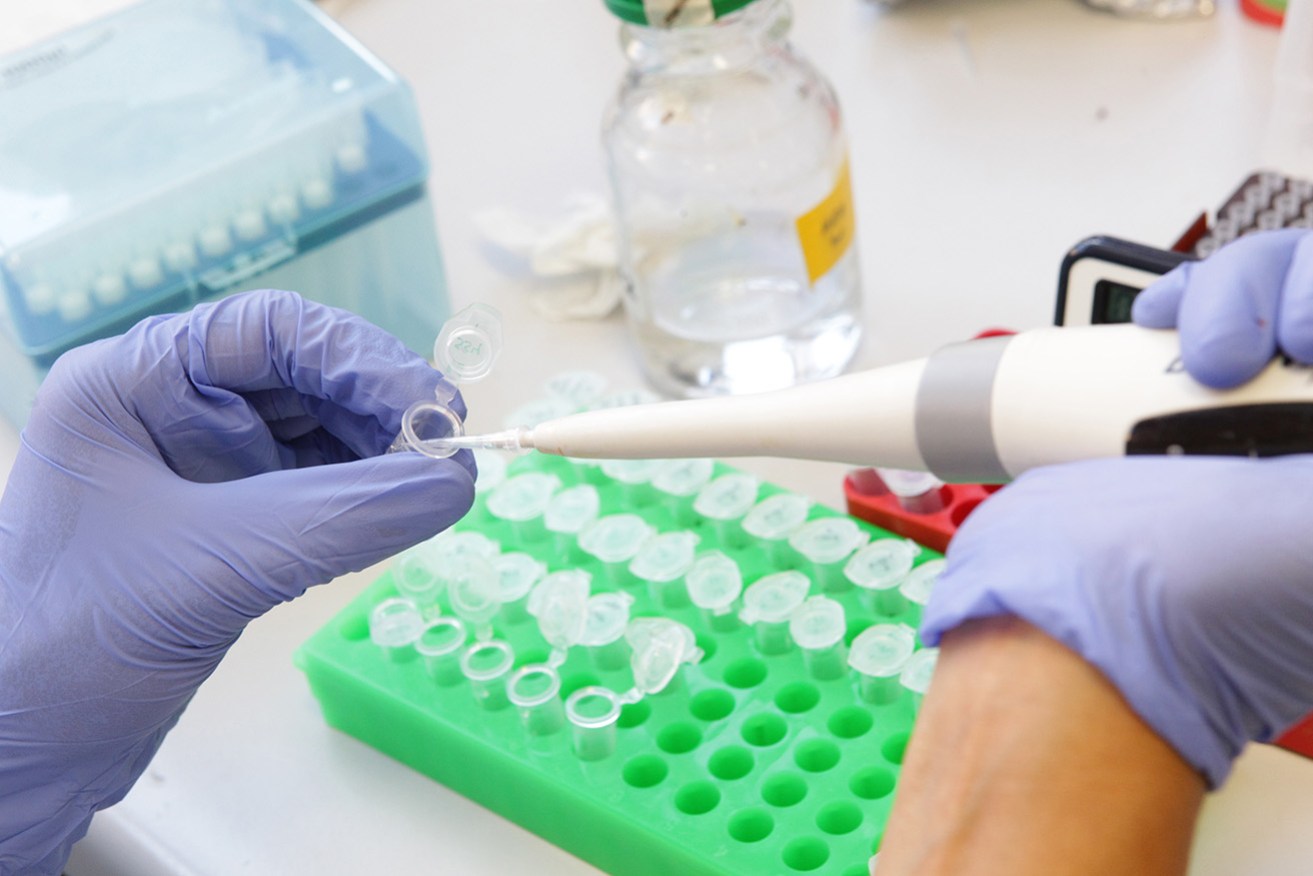Scientists discover ‘exciting’ carbon-storing material

Scientists in Scotland have created molecules that can store high levels of greenhouse gases. Photo: AAP
Scientists have hailed the “exciting” discovery of a type of porous material that can store carbon dioxide.
The research, published in the journal Nature Synthesis, involved a team led by scientists in Edinburgh creating hollow, cage-like molecules with high storage capacities for greenhouse gases like carbon dioxide and sulphur hexafluoride.
Sulphur hexafluoride is a more potent greenhouse gas than carbon dioxide and can last thousands of years in the atmosphere.
Marc Little of Heriot-Watt University, who jointly led the research, said human interventions were needed to reduce carbon in the atmosphere as planting trees was a slow process
“This is an exciting discovery because we need new porous materials to help solve society’s biggest challenges,” he said.
“For example, direct air capture of carbon dioxide is increasingly important because even when we stop emitting carbon dioxide, there’s still going to be a huge need to capture previous emissions that are already in the environment.
“Planting trees is a very effective way to absorb carbon, but it’s very slow. So we need a human intervention – like human-made molecules – to capture greenhouse gases efficiently from the environment more quickly.”
The researchers used computer simulations to accurately predict how molecules would assemble themselves into the new porous material, a method that Dr Little said could be further enhanced in future through the use of artificial intelligence (AI).
He described the study as an “important step” to developing other materials, and added that molecules with complex structures could also be used to remove toxic compounds known as volatile organic compounds from the air and could play an important role in medical science.
“We see this study as an important step towards unlocking such applications in the future,” he said.
As well as scientists at Heriot-Watt, the study involved researchers from the University of Liverpool, Imperial College London, the University of Southampton, and East China University of Science and Technology.
-PA








